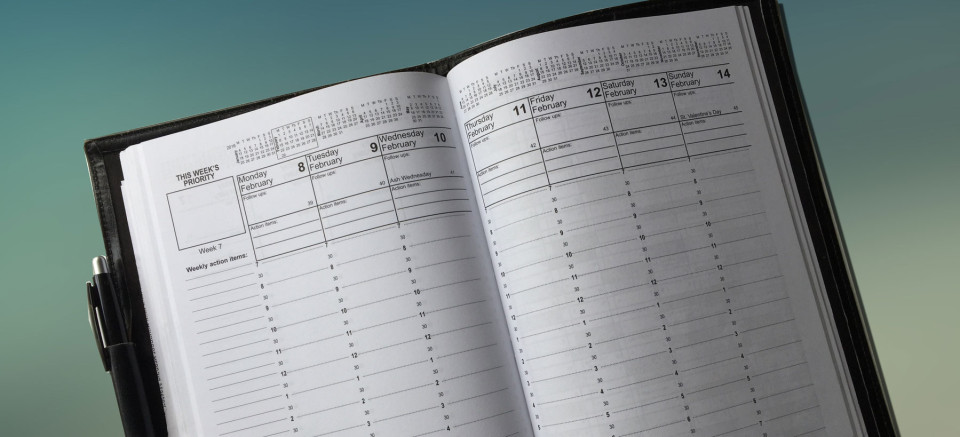
Get started by developing routines.
Organizing your office and home not only helps you to find things, it helps you to find purpose in life as well. According to recent research reported in the July/August, 2015 issue of Scientific American Mind, an ordered life lays the groundwork for the pursuit of larger goals, purpose, and significance.
Getting organized, maintaining a tidy office, keeping a daily schedule, having weekly dinners with friends and other routines all add meeting to your life, according to Samantha Heintzelman, a University of Missouri psychologist. Although most people may think routines bring boredom, they bring richness to the mundane, while saving time and mental energy to invest in higher pursuits.
Few people balk at the morning routine of taking a shower, getting dressed, brushing their teeth and so on before starting their day. It’s necessary groundwork upon which to launch their significant activities. Neither should they question the validity of developing routines for planning their day, dispensing with email, making calls, and working on their significant projects in chunks of time throughout the day.
For maximum ongoing productivity and achievement you should first invest the time in organizing your office or work area. Set up your electronic and hard copy file systems, your follow-up system, the location of your inventory and office supplies, the layout of your desk and bookshelves, and so on.
Then choose a good planner that displays all seven days at a glance, segmented into 15-minute or half hour increments from early morning until late evening so you can schedule both work and personal activities.
Develop the habit of scheduling time for the priorities of the day well before the day’s activities begin. Relegate the less important tasks to your To Do list, preferably on the same week-at-a glance planner page.
You also must manage your energy in order to gain control of your time. Routines require less energy, leaving plenty for creativity, decision-making, and the mental demands of your significant projects and tasks. And the tendency to procrastinate is reduced to a minimum.


Recent Comments